Great Britain Prime Minister David Cameron has hinted that a future Conservative Government would challenge the developers of WhatsApp and SnapChat if they continue to use the sort of encryption that makes security service eavesdropping difficult.


Great Britain Prime Minister David Cameron has hinted that a future Conservative Government would challenge the developers of WhatsApp and SnapChat if they continue to use the sort of encryption that makes security service eavesdropping difficult.

Initially shipping the Middle East, Africa, Asia and Europe, the Nokia 215 doesn’t need to be a smartphone to tick all the right boxes.

The 2,500 students of American University of Kuwait had been surprisingly quiet. With traditional university communication channels underused, and workflows being hindered by paper-based processes, AUK’s IT team implemented fresh technologies to place the institution at the cutting edge of the country’s education sector.

With customers’ hard-earned cash in their custody, banks need vigilant, vigorous IT security teams to thwart opportunist hackers. Rinaldo Ribeiro, Head of IT Risk and GRC, Commercial Bank of Dubai, discusses the role of incident visibility and employee education in guarding CBD’s crown jewels.
The export agency of the Irish government responsible for development and growth of Irish enterprises in overseas markets, Enterprise Ireland, held a one-day technology forum in Riyadh last month, providing a platform for Irish and Gulf business communities to network and share best practices.
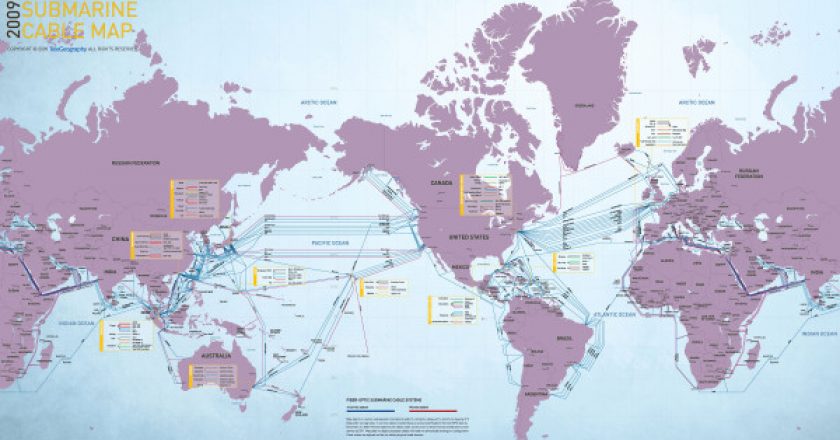
Submarine cables are the unseen lattice that make communication across the globe possible. Their impact is felt by Internet and mobile users everywhere. How will this network of cables grow in the future?
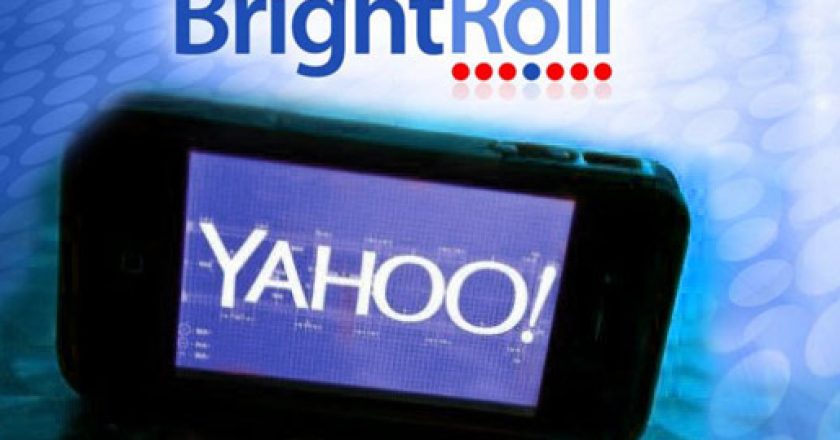
Yahoo is acquiring the video advertising platform BrightRoll for $640 million, in a move that could help to offset declines in its traditional display ad business.

Gartner has released its predictions for the top 10 technology trends that will be strategic for most organisations in 2015. …
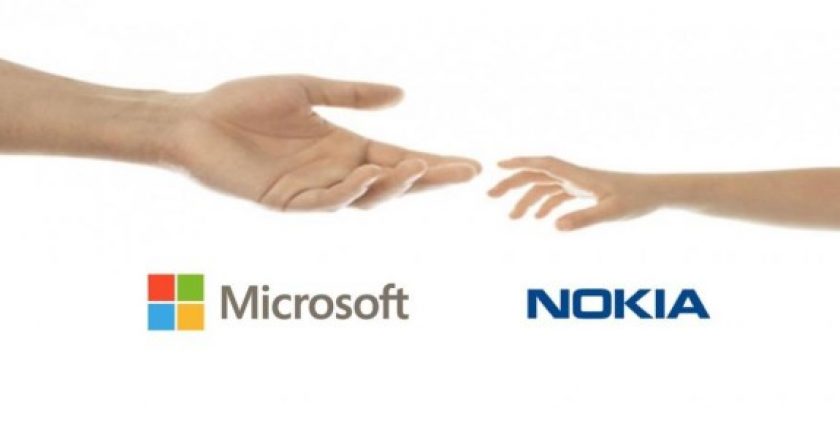
Microsoft is officially phasing out the Nokia brand name, following a post on Nokia France’s Facebook page saying that the account will soon change its name to “Microsoft Lumia.”
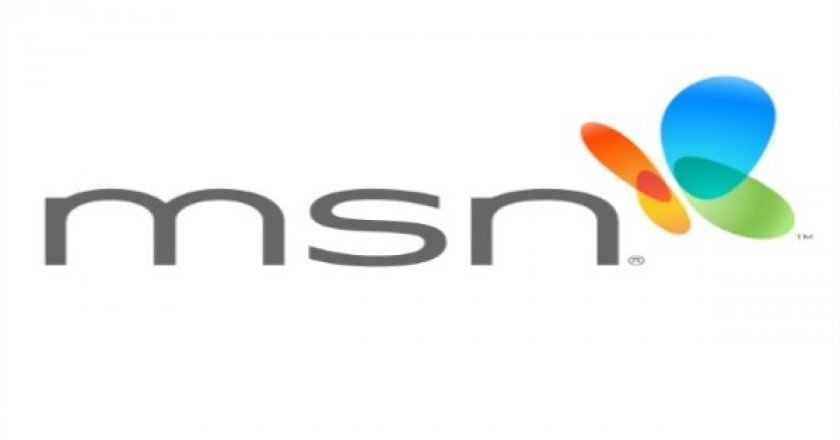
Microsoft has unveiled its revamped MSN portal that combines access to personal productivity tools and content from a large number of providers.

Research has highlighted the increased danger of phishing scams from travel and banking websites as well as social media. Agari highlights the banks and industries that are most and least trustworthy.

Server shipments and revenue grew for the first time since 2011 in Europe, the Middle East and Africa, a trend likely to continue in the second half of the year, according Gartner.

There’s still much that’s unclear about Tuesday’s revelation that a small group of hackers in Russia have amassed a database of 1.2 billion stolen …

Madbits, a year-old company that uses deep learning technology to assign relevant information to raw images, has sold itself to …
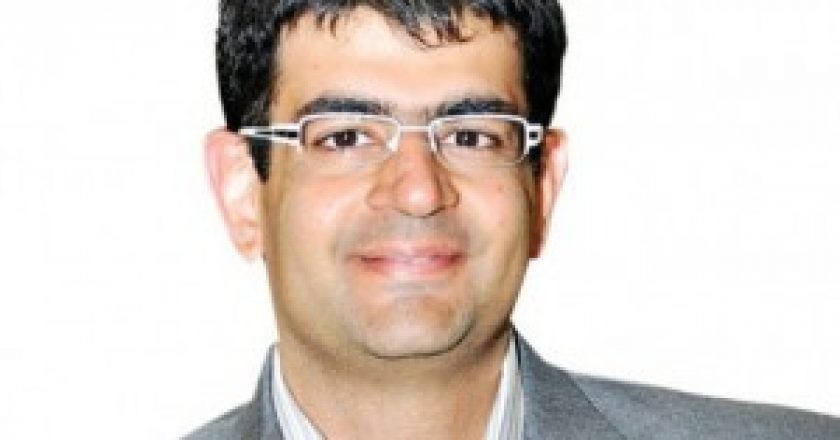
Ashish Panjabi, CEO, Jacky’s Electronics, discusses the online retail scenario across markets.

The U.K. government has pushed through a new surveillance law to replace one a European Union court said interfered with fundamental privacy rights – but, say civil rights campaigners, the new law is worse than the one it replaces.

Online editor James Dartnell gives his take on Amazon’s much-anticipated entry into the smartphone market.

Dell plans to expand its storage lineup with a series of mid-sized SAN arrays and a portfolio of software-defined storage systems, furthering two prominent industry trends.

As companies adopt technologies such as cloud and virtualisation, the practice of planning for network capacity to meet the bandwidth and application performance needs must also change. Network capacity planning and management has long been considered the black magic of the IT industry. How does one predict the future? How can you prepare for the additional demand for resources while avoiding over-provisioning?

So the word’s out. By the end of May it emerged that Google will invest between $20-30 billion in acquisitions of non-US-based companies, following its 2013 disclosure to the U.S. Securities and Exchanges Commission of the plans.